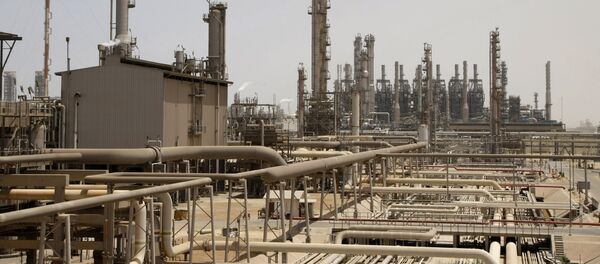“The latest deal — an agreement with Russia to cap oil output at January levels if they are joined by other large producers — will not rebalance the oil market immediately. The surge in prices last week was premature. But they blinked and that is all important. The myth of Saudi power is broken,” Nick Butler wrote for Financial Times.
What is more important is that in the long term the change in the balance of forces in the oil market is now visible, the analyst added.
The Saudis were not able to force the US shale industry out of business. Although the damage was considerable, especially in the services sector, but in the end the companies were able to cut costs in the US and elsewhere allowing the industry to still stand.
“Future prices will be set by the balance of supply and demand, not by decisions taken by any one producer or group of producers. There are multiple sources of supply with no sense of scarcity because technology is opening so many new opportunities, of these, the most important is the potential growth of oil produced from shale rock,” the newspaper noted.
First of all, production should be reduced by three million barrels per day, mostly due to Riyadh. Manufacturers should not prevent the entry of Iran into the market as according to various forecasts, Tehran will be able to throw out about four hundred thousand barrels every day.
According to the analyst, this estimate is overstated, but the Iranian factor in any case will have an impact on the prices and other manufacturers should consider this factor.
On February 16, the energy ministers of Russia, Venezuela, Qatar and Saudi Arabia agreed to level off average monthly oil output at January levels, in response to persistent low prices.




